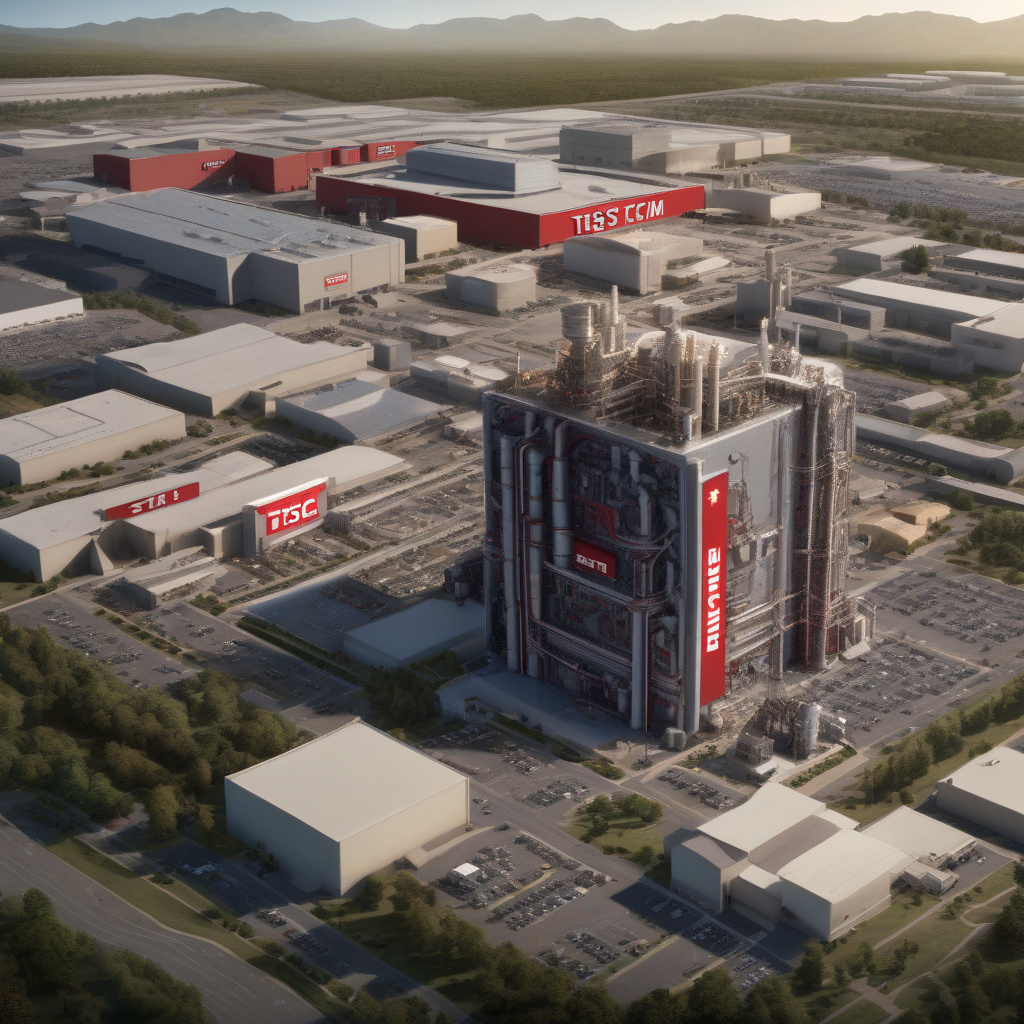TSMC Considers Downsizing Arizona Facilities Amid US Chip Tariffs
Taiwan Semiconductor Manufacturing Company (TSMC) made headlines with its ambitious $165 billion plan to establish cutting-edge chip manufacturing facilities in Arizona. However, this grand vision is now facing a significant threat due to the looming specter of import taxes. The imposition of these tariffs could force TSMC to reconsider the scale of its operations in the United States, potentially impacting the country’s chip manufacturing capabilities and global competitiveness.
The semiconductor industry plays a pivotal role in powering various technological advancements, from smartphones and laptops to automotive vehicles and critical infrastructure. TSMC’s decision to invest billions in establishing state-of-the-art fabs in Arizona was seen as a strategic move to enhance domestic chip production capacity and reduce reliance on foreign imports. However, the recent developments concerning US chip tariffs have cast a shadow of uncertainty over the future of this project.
Import taxes have become a point of contention in global trade relations, with nations using them as a tool to protect domestic industries, address trade imbalances, or advance geopolitical interests. While the intended consequences of such tariffs may vary, their impact on industries like semiconductor manufacturing can be profound. In the case of TSMC’s Arizona fabs, the imposition of tariffs could significantly increase operating costs, erode profit margins, and undermine the economic viability of the project.
Moreover, the threat of scaling back or delaying the Arizona facilities could have far-reaching implications for the US semiconductor industry. A robust domestic chip manufacturing sector is not only essential for ensuring a stable supply of semiconductors but also for driving innovation, creating high-skilled jobs, and maintaining technological leadership in strategic industries. TSMC’s presence in the US was expected to bolster the country’s position in the global semiconductor market and strengthen its resilience against supply chain disruptions.
To mitigate the risks posed by US chip tariffs, stakeholders must engage in constructive dialogue to find mutually beneficial solutions. This could involve exploring alternative trade policies, incentivizing domestic semiconductor production, or seeking exemptions for critical technology sectors. By addressing the underlying concerns that led to the imposition of tariffs, it may be possible to secure the future of TSMC’s Arizona fabs and safeguard the interests of the US semiconductor industry.
In conclusion, TSMC’s $165 billion Arizona chip plan is facing uncertainty in the wake of US chip tariffs, raising concerns about the future of domestic semiconductor manufacturing. As stakeholders navigate this challenging landscape, proactive measures must be taken to protect investments, promote innovation, and ensure the competitiveness of the US semiconductor industry on the global stage.
TSMC, Arizona, US, chip tariffs, semiconductor industry
